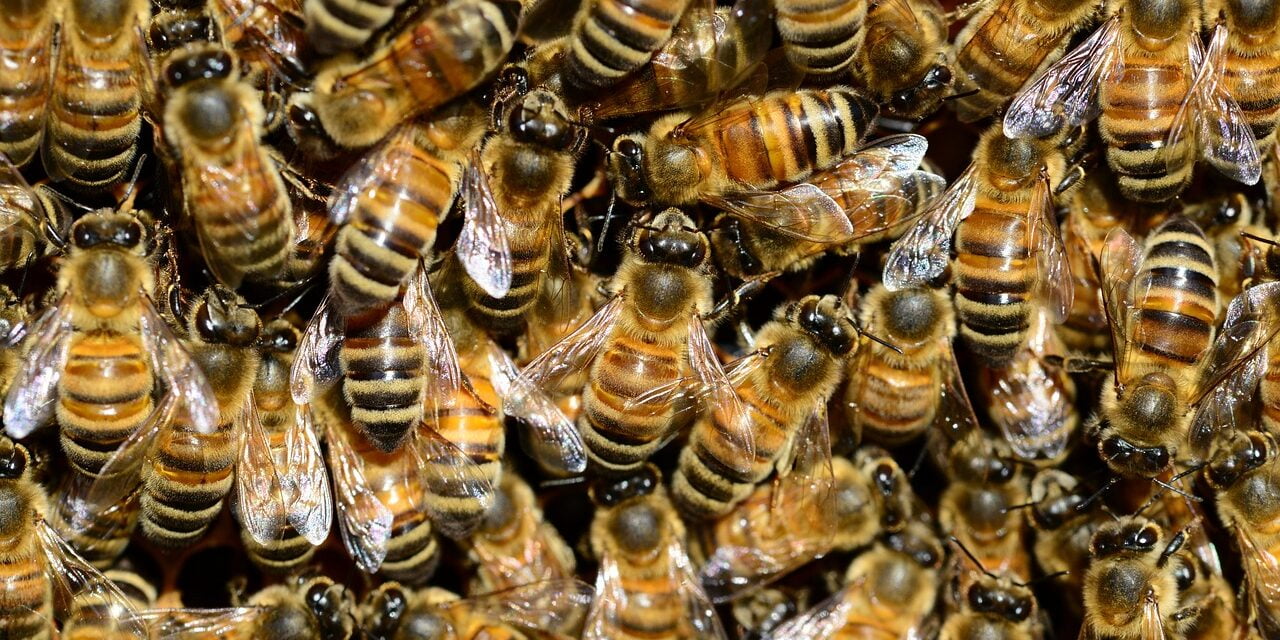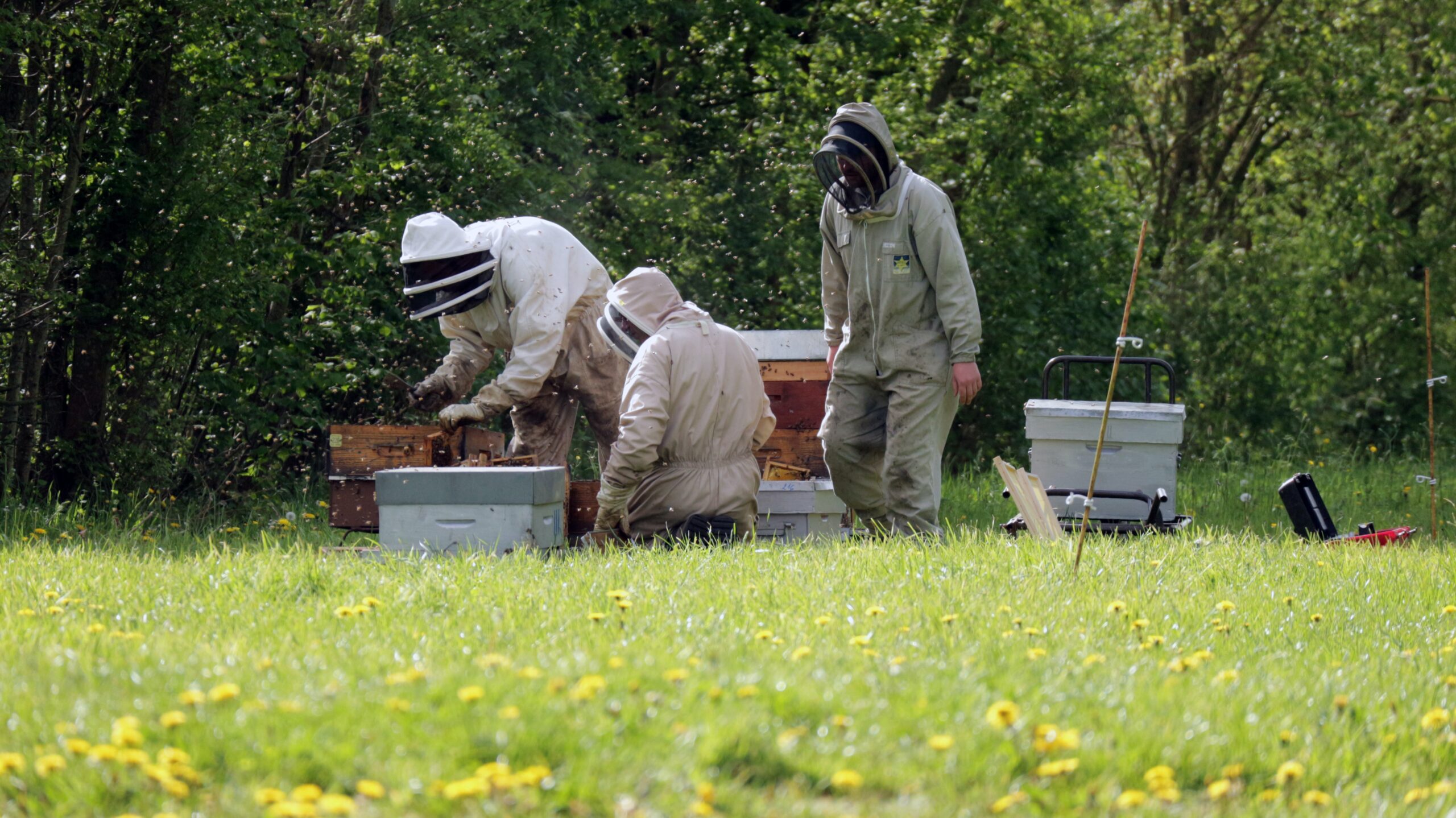Hives, also known as urticaria, can be an uncomfortable and frustrating condition to deal with. They manifest as raised, itchy bumps on the skin and can occur due to various factors, including allergies, stress, infections, or medications. Prednisone, a commonly prescribed corticosteroid, is often used to alleviate severe cases of hives. However, there are instances where prednisone may not provide the desired relief. In this article, we will explore alternative options to consider if prednisone doesn’t work for hives.
Seek Medical Advice
If you find that prednisone isn’t effectively treating your hives, it is essential to consult with a healthcare professional. They can evaluate your condition and recommend a personalized treatment plan based on the severity and underlying causes of your hives. The healthcare provider may refer you to an allergist or dermatologist for further evaluation and specialized care.
Identify Underlying Triggers
Understanding the triggers that cause your hives is crucial for effective management. While prednisone may help reduce symptoms temporarily, it is essential to identify and avoid triggers that can trigger the hives. Keep a diary to track activities, foods, or exposures that coincide with the appearance or worsening of hives. This information will be helpful for both you and your healthcare provider to identify potential triggers and develop a suitable treatment plan.
Antihistamines
Antihistamines are commonly used to relieve itching and reduce allergic reactions. Over-the-counter antihistamines, such as cetirizine or loratadine, can be an alternative option if prednisone doesn’t work for your hives. However, it is recommended to consult with your healthcare provider before starting any new medication, especially if you have any pre-existing medical conditions or are taking other medications.
Topical Treatments
In some cases, localized hives or smaller areas of affected skin can be managed with topical treatments. Calamine lotion, hydrocortisone cream, or menthol-based ointments can provide relief from itching and reduce inflammation. These topical treatments can be applied directly to the affected areas, offering a targeted approach for localized hives.
Avoid Triggers and Manage Stress
Alongside medical interventions, making lifestyle changes to minimize triggers and manage stress can have a positive impact on your hives. Identifying and avoiding allergens, such as certain foods, medications, or environmental factors, can help prevent hives from occurring. Additionally, practicing stress-reduction techniques, such as yoga, meditation, or engaging in hobbies, can help minimize the severity and frequency of hives outbreaks.
Allergy Testing and Immunotherapy
If your hives are suspected to be triggered by specific allergens, allergy testing may be recommended. Identifying the precise allergens can guide you and your healthcare provider in creating an effective treatment plan. In some cases, allergen immunotherapy, such as allergy shots or sublingual immunotherapy tablets, may be considered to desensitize your immune system to specific allergens and reduce the frequency and severity of hives outbreaks.
Alternative Therapies
Some individuals find relief from hives through alternative therapies, such as acupuncture, herbal remedies, or homeopathy. While scientific evidence supporting the effectiveness of these therapies for hives may be limited, some individuals report positive experiences. If you are considering alternative therapies, it is essential to discuss them with your healthcare provider to ensure they align with your overall treatment plan.
Hives Management in the UK
In the United Kingdom, individuals experiencing hives have access to a wide range of healthcare resources. The National Health Service (NHS) provides comprehensive care and guidance for hives management. It is crucial to consult with your general practitioner, who can refer you to dermatologists or allergists if necessary. The NHS also offers various support groups and online forums where individuals can connect with others experiencing similar conditions, fostering a sense of community and shared knowledge.
Conclusion
While prednisone is a commonly prescribed medication for hives, it may not always provide the desired relief. In such cases, it is important to seek medical advice and explore alternative options. By working closely with healthcare professionals, identifying triggers, considering antihistamines, and topical treatments, and adopting lifestyle changes, individuals can find effective ways to manage their hives and improve their quality of life. Remember, what works for one person may not work for another, so it is essential to find the approach that suits your unique needs.
FAQs
Q: What should I do if prednisone doesn’t work for my hives?
A: If prednisone doesn’t provide the desired relief for your hives, it is important to seek medical advice. Consult with a healthcare professional who can evaluate your condition and recommend alternative treatment options based on the severity and underlying causes of your hives.
Q: How can I identify the triggers that cause my hives?
A: Identifying triggers for hives requires keeping a diary to track activities, foods, or exposures that coincide with the appearance or worsening of hives. By documenting these factors, you and your healthcare provider can identify potential triggers and develop a suitable treatment plan.
Q: Are there alternative medications I can try if prednisone doesn’t work for my hives?
A: Yes, there are alternative options to consider if prednisone doesn’t effectively treat your hives. Over-the-counter antihistamines, such as cetirizine or loratadine, can be used to relieve itching and reduce allergic reactions. However, it is advisable to consult with your healthcare provider before starting any new medication.
Q: Can topical treatments help with hives if prednisone doesn’t work? A: Yes, topical treatments can be considered for managing localized hives or smaller areas of affected skin. Calamine lotion, hydrocortisone cream, or menthol-based ointments can provide relief from itching and reduce inflammation when applied directly to the affected areas.
Q: What lifestyle changes can I make to manage my hives if prednisone doesn’t work? A: Alongside medical interventions, making lifestyle changes can have a positive impact on managing hives. This includes identifying and avoiding allergens, managing stress through techniques like yoga or meditation, and adopting stress-reduction techniques to minimize the severity and frequency of hives outbreaks.
Q: Is allergy testing recommended if prednisone doesn’t work for my hives? A: Allergy testing may be recommended if your hives are suspected to be triggered by specific allergens. Identifying the precise allergens can guide you and your healthcare provider in creating an effective treatment plan. Allergen immunotherapy, such as allergy shots or sublingual immunotherapy tablets, may also be considered to desensitize your immune system to specific allergens and reduce the frequency and severity of hives outbreaks.
Q: Can alternative therapies help if prednisone doesn’t work for my hives?
A: Some individuals find relief from hives through alternative therapies such as acupuncture, herbal remedies, or homeopathy. While scientific evidence supporting their effectiveness may be limited, discussing these options with your healthcare provider can help determine if they align with your overall treatment plan.
Q: How can I manage my hives in the UK?
A: In the UK, individuals can seek comprehensive care for hives through the National Health Service (NHS). It is advisable to consult with your general practitioner, who can refer you to dermatologists or allergists if necessary. The NHS also offers support groups and online forums where individuals can connect with others experiencing similar conditions, providing a sense of community and shared knowledge.
Author

Dr. Aditya K. Sharma
I am Dr. Aditya Sharma, a dedicated urologist specializing in kidney transplants and advanced urological surgeries. My career is driven by a passion for delivering exceptional care and pioneering surgical techniques. Outside the operating room, I have a keen interest in studying the effects of anabolic steroids on bodybuilding, seeking to understand the fine line between enhancing performance and maintaining health.








